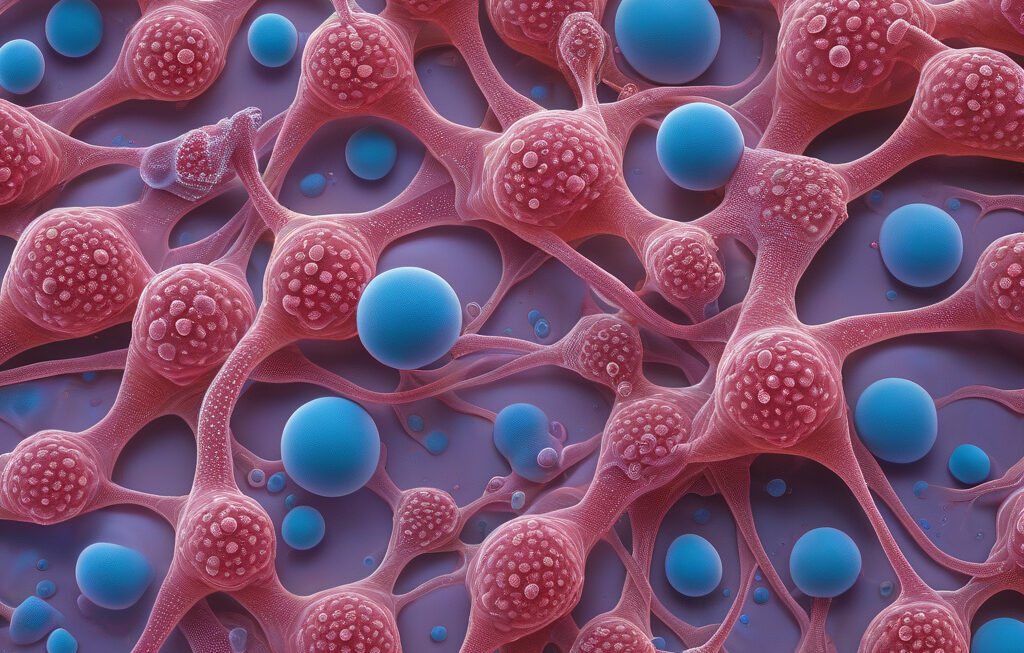Scientists Unveil Breakthrough Drug that Could Halt and Reverse Deadly Liver Fibrosis
Liver fibrosis often develops without symptoms and has no approved cure. But researchers at the forefront of medical innovation have recently made a groundbreaking discovery that could change the landscape of liver disease treatment. A team of scientists has unveiled a new drug that shows promising results in not only halting the progression of liver fibrosis but also reversing its deadly effects.
Liver fibrosis is a condition characterized by the accumulation of scar tissue in the liver, usually as a result of chronic inflammation. Over time, this scarring can lead to cirrhosis, liver failure, and even liver cancer. The current treatment options for liver fibrosis are limited, focusing mainly on managing symptoms and preventing further damage to the liver. However, these treatments do not address the root cause of the condition or offer a cure.
The new drug, developed by a team of researchers who have been studying liver fibrosis for years, targets the underlying mechanisms that drive the progression of the disease. By inhibiting key signaling pathways involved in the development of fibrosis, the drug has shown remarkable efficacy in preclinical studies. Not only does it stop the formation of scar tissue in the liver, but it also promotes the regression of existing fibrosis, a feat that was previously thought to be impossible.
One of the key advantages of this new drug is its targeted approach. Unlike current treatments that may have broad and sometimes harmful effects on the body, this drug specifically targets the cells and molecules responsible for fibrosis. This targeted therapy not only makes the drug more effective but also reduces the risk of side effects, making it a safer option for patients.
In addition to its efficacy and safety profile, the new drug also offers hope for the millions of people worldwide who are living with liver fibrosis. Because the condition often develops silently, many individuals are unaware of their condition until it has progressed to a late stage. By offering a potential cure for liver fibrosis, this drug could significantly improve the prognosis for patients and enhance their quality of life.
While more research is needed to confirm the drug’s effectiveness in human trials, the early results are highly promising. If the drug continues to show positive results in clinical studies, it has the potential to revolutionize the treatment of liver fibrosis and offer a lifeline to those who are suffering from this devastating condition.
In conclusion, the unveiling of this breakthrough drug marks a significant milestone in the field of liver disease research. With its ability to halt and reverse deadly liver fibrosis, this drug has the potential to save countless lives and change the way we approach the treatment of chronic liver conditions. As we look towards a future where liver fibrosis is no longer a death sentence, this new drug offers hope and healing to those who need it most.
breakthrough drug, liver fibrosis, treatment, researchers, medical innovation












